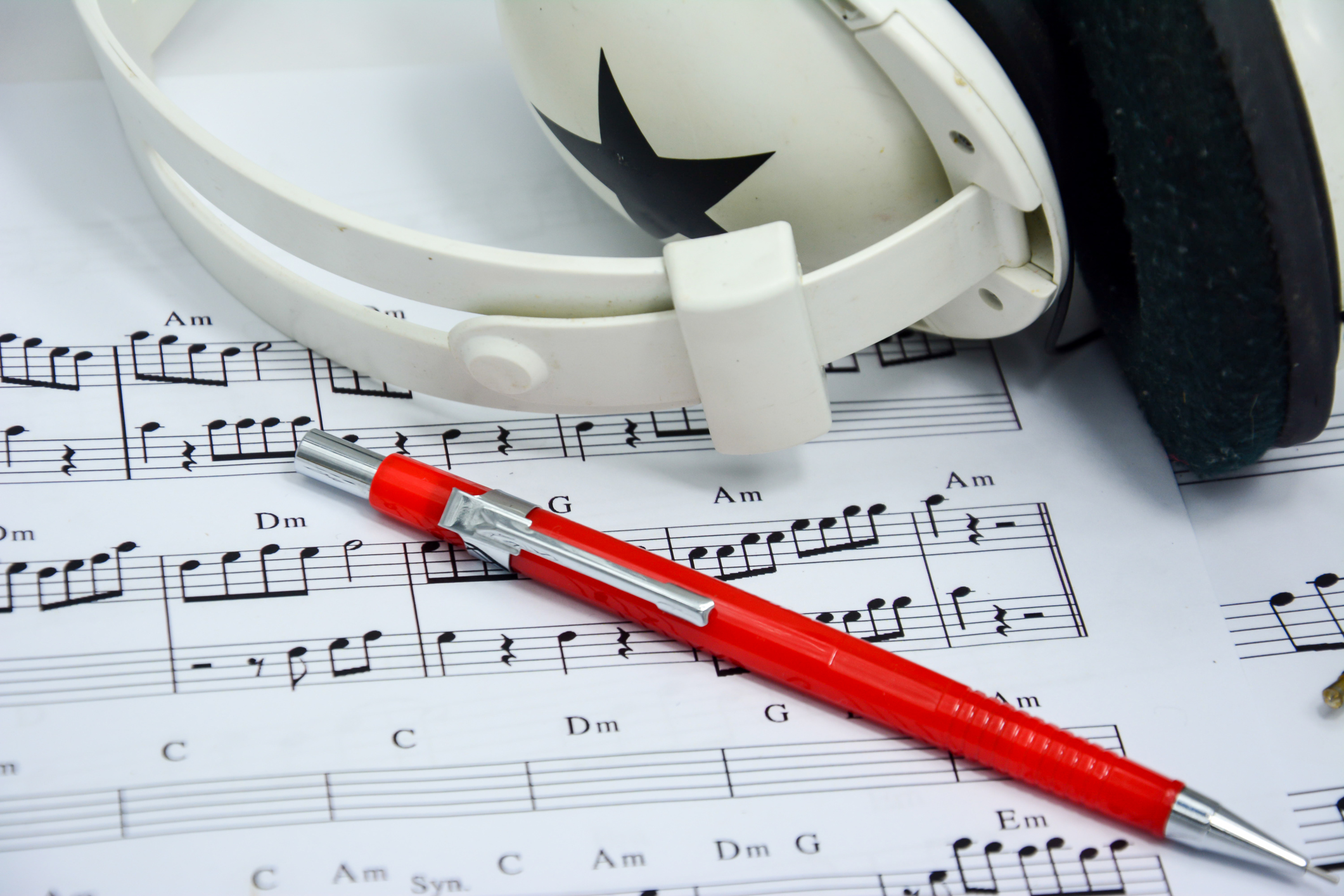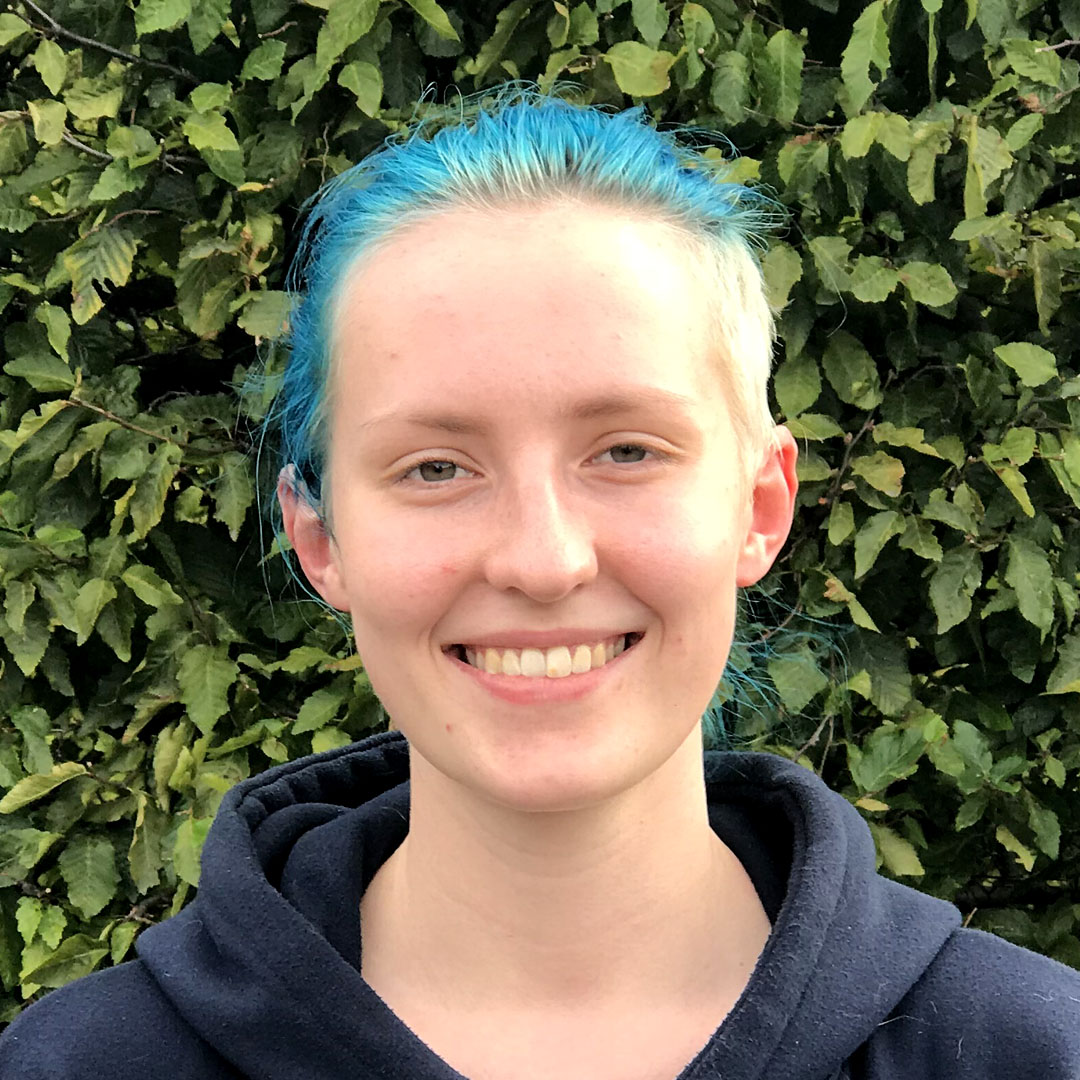Music Theory Tutoring
One-on-one Music Theory Tuition in Christchurch
Why Music Theory Tuition with AHeadStart?
- Personalised Music Theory tutoring in Christchurch - one-on-one or in small groups
- Music Theory tuition - for secondary (Year 9, Year 10 & NCEA) students
- Expert Music Theory tutors - high achieving, excellent communicators with a passion for learning
- Choice of Music Theory tuition plans - select your desired level of guidance, including progress reports
- Convenient Christchurch locations - private home tutoring or at a convenient local library
About MUSIC THEORY
The study of how composers and musicians create music,
Music Theory
Music Theory encompasses the ideas and procedures used by composers and other musicians to create music. The sub-topics include rhythm, melody, scales and modes, chords, pitch, consonace and dissonance, harmony, timbre (including dynamics and articulation), expression, texture, form or structure, notation (time signatures, key signatures, and rhythm notation), tuning systems, composition methods and how to write common-practice parts.
Practical music has of course been a part of formal music education for centuries. However, Music Theory as an educational field is relatively recent. Few universities had classes dedicated to the theory of music even by the early 1970s. Music Theory wasn't recognised as its own subject, as those who understood the theory of music were primarily composers or historians.Towards the end of this decade, academics started to promote the concept of Music Theory being taught by music theorists, rather than those who merely understood Music Theory as a consequence of being a performer, composer, or historian of music. This led to the founding various societies for Music Theory from the late 1970s. These societies support Music Theory researchers with professional development and coordinate the publication of Music Theory scholarship.
Music theorists usually study at university to complete a Bachelors of Music or a Bachelor of Arts in music (or a related field). Once qualified, most music theorists work as instructors in colleges, or as lecturers or professors in universities or music conservatories.
NCEA Music & Music Theory
Level 1
Students taking Level 1 Music will have generally taken Music in Years 9 and 10. The aim of the course is to develop an appreciation and enjoyment in music through actively being involved in creativity, performance and understanding. Students develop skills of performance, perception, and ensemble awareness. The content of course involves performance in a chosen instrument or voice, composing, aural perception, score conventions and the study of contrasting music works.
Level 2
The aim of this course is to allow for students with varying performance skills so they can relate to the many sub-topics of music including composition, harmony, aural perception and the the study of musicworks, aural and score reading. Students will also extend their skills at performance. Students will perform on their chosen instrument(s) (including voice), in any combination of classical rock, jazz or modern music, usually in an ensemble. Students can select the Music achievement standards that suits them best.
Level 3
This course caters to meet a diverse range of student musical interests and skills. All Music achievement standards allow for a range of musical styles that suits students. A total of 48 credits are available to any of the following: Highly Competent Performer (portfolio of performances), Well Developed Composer (portfolio of compositions), Well Developed Ear (skills in listenming and the notation of muscial scores), Likes Studying Music Works (examing various musical styles), Enjoys Research (research task in field of musical interest), and Student with Recording and Sound Systems Knowledge (sound and sound production).








